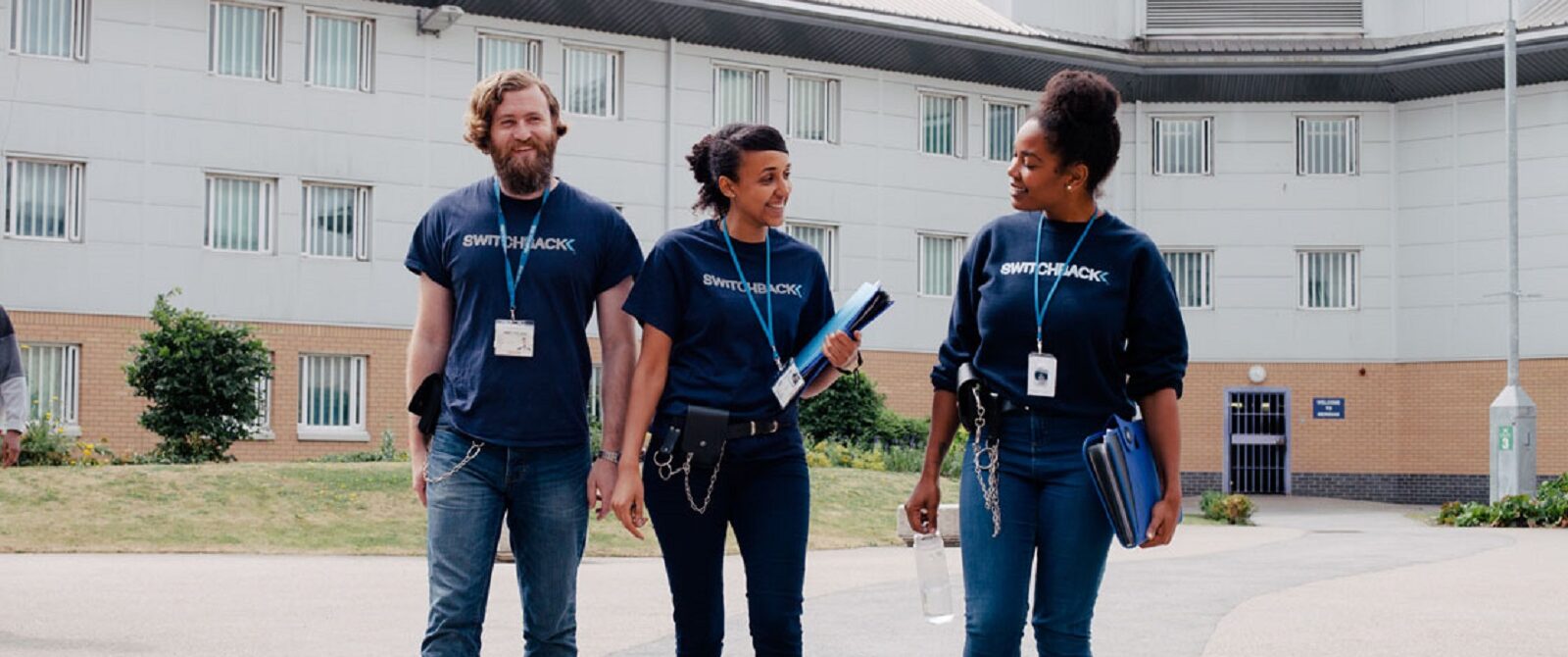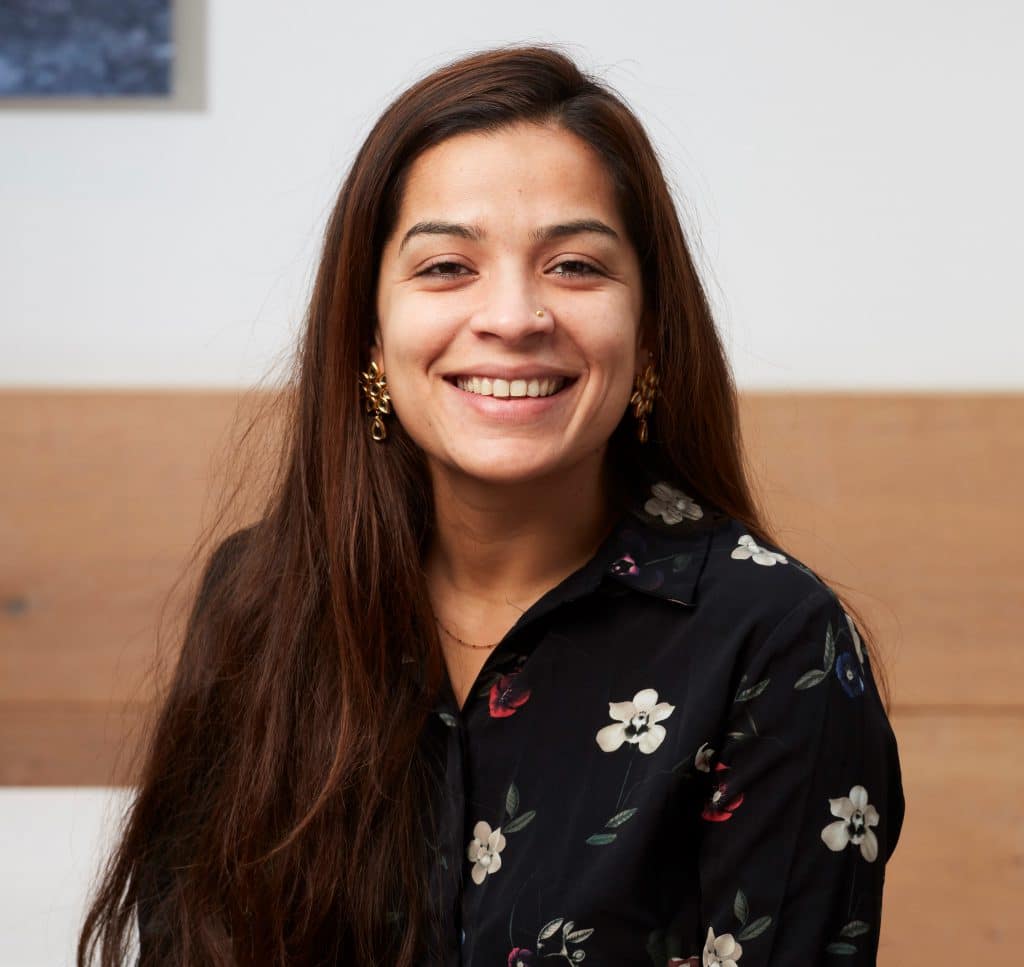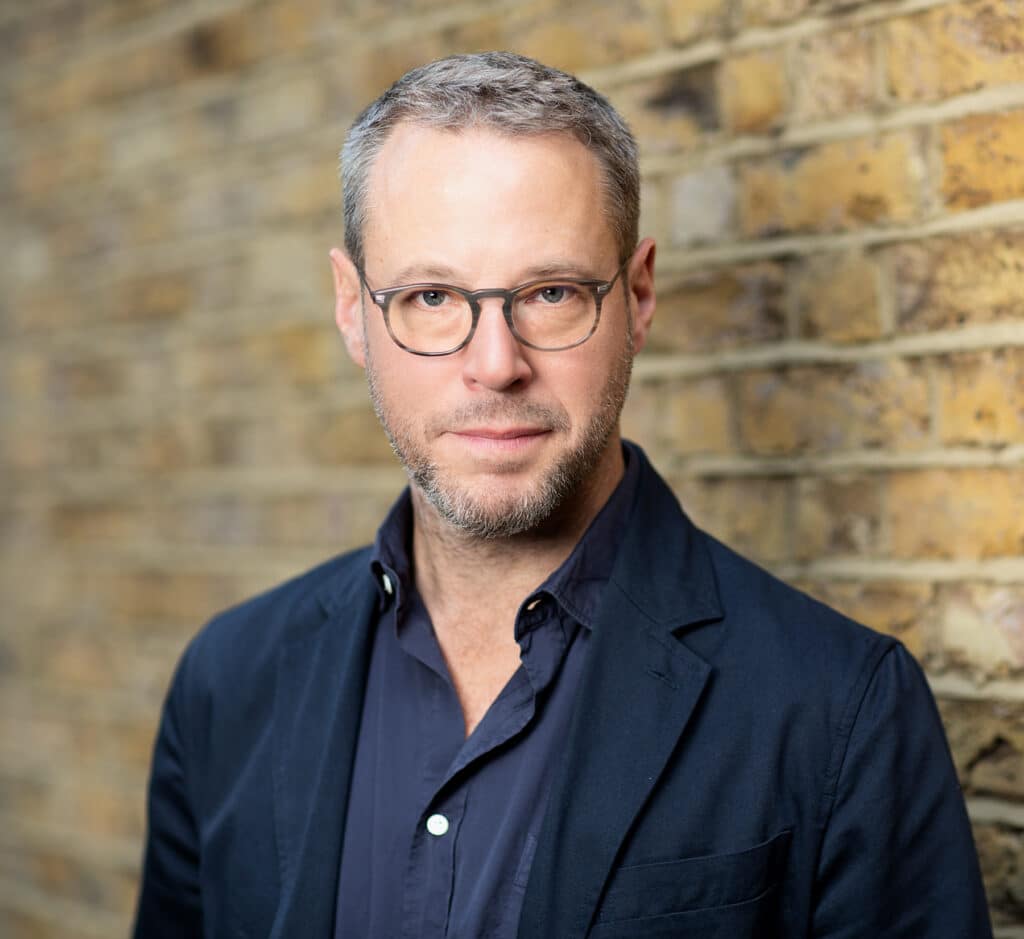
Power and equity
Explore approaches to addressing power and equity in the work of charities, foundations and public agencies.

Explore approaches to addressing power and equity in the work of charities, foundations and public agencies.
Across all of our work, we aim to ensure that people’s voices are heard in a way that reflects their experiences. This principle lies at the heart of action research, where the emphasis is always on privileging the perspectives of people directly affected and implicated by the focus of research. That has been the IVAR methodology since our establishment in 2000.
Questions about power, and identity, have always been present in our work. On the one hand, we have institutional power, as an organisation with particular advantages – core funding; access to decision-makers; an established reputation in the sector. On the other, many of the people we work with and alongside feel a lack of agency: small, underfunded organisations; charity staff and volunteers doing difficult work on complex issues in local communities; and people directly affected by financial hardship, racial injustice, and exclusion from decisions that affect their lives.
At this moment of great uncertainty and upheaval, entering another recession, we are seeing a plurality of views and strategies about power in our sector: from sharing to shifting, from relinquishing to taking. Perspectives about what matters most vary within and across organisations and communities: one person’s transformation is another person’s timidity. At IVAR, our approach is to embrace this plurality, recognising that there are multiple entry points to, and levers for, change. For us to be relevant and useful, we exercise great care in everything we do, striving to act with integrity and authenticity, using our assets for public benefit. It involves working in ways that feel aligned with our charitable objects, our diverse experiences, the potential of research to be useful and usable, and the responsibility we feel to the communities and causes we serve. Above all, it means resisting and countering the notion that we might somehow be best placed to prescribe solutions to problems that are not ours. We are not. Our place, our contribution, is to open, and then hold open, channels and opportunities for the voices and experiences of people furthest from power to be heard – and to become influential. That is the essence of our approach to action research.
That is why, over more than 15 years, we have retained an unwavering focus on the importance and value of unrestricted funding: it is what charities tell us would make most difference. Why, in our commitment to supporting the development of the next generation of activists and researchers, we initiated The Jane Hatfield Award in partnership with the Ubele Initiative. Why we are working jointly with Wirral Older People’s Parliament and other local organisations in the area to address the isolation of older people. And why in the process to hold funders to account for their eight commitments to Open and Trusting Grant-making, charity leaders led the discussions. IVAR acting as facilitator, partner and conduit.
Kamna Muralidharan (Chair):
At IVAR, we are committed to holding space for, and balancing, the rigour of action research with a focus on equity and empowerment. This means ensuring that how we do the work is inclusive, responsive and recognises the agency and strengths of the people participating in research.
Ben Cairns (Director):
Being a white, privately educated man has given me a certain kind of power throughout my 35 years of working in the voluntary sector, particularly in relation to access and opportunity. Through our work at IVAR, I am committed to using this privilege to ensure that more and different voices are heard. Letting people speak for themselves. And never losing sight of the importance of continually learning and re-learning how to do this well.
This isn’t to say that our approach is perfect – or even, that there is a perfect approach. Through all our work, we continue to listen, learn and adapt to reflect the needs and views of those we work with.
Currently, our focus is on:
You can read more about each theme by clicking the boxes below. If you would like to discuss any of the work mentioned, or express interest in helping to inform/shape IVAR’s future work by joining one of our Steering Groups, please get in touch via enquiries@ivar.org.uk


Working alongside local partners in a complementary way has been central – our role was to draw out the strengths and assets of our partner organisations. It has made us reflect even more on our approach, positionality and identity as we sought to add value.
Eliza Buckley, Director of Research at IVAR
Be intentional when inviting community members to spaces – ensuring that you are actively promoting more inclusive, challenging and meaningful discussions. Create encouraging spaces where everyone feels they can equally contribute to the discussion and feel heard.
Dr Vita Terry, Principal Researcher at IVAR

A transcript summarising a 2-day conference convened by the Runnymede Trust in April 2021.
The Booska Paper by Ubele Initiative explores structural racism in the sector and the impact of the pandemic on funding attitudes.
A report by Ten Years’ Time which seeks to inject ambition into the funding landscape and share a roadmap for funder action.
A scan by the Hewlett Group which explores charity capacity, including the impact of who supports them, and how.
With thanks to Switchback for the photo used at the top of this page.